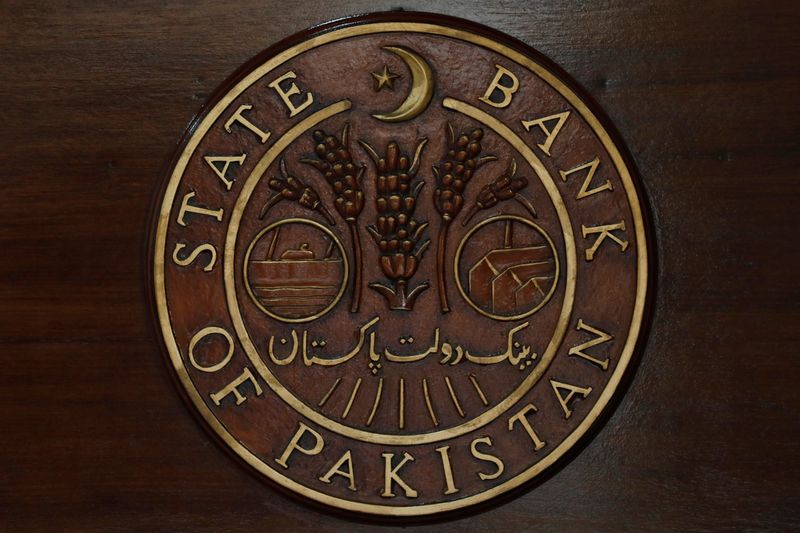Russia’s central bank cuts key interest rate to 16.5%
PositiveFinancial Markets

Russia's central bank has made a significant move by cutting its key interest rate to 16.5%. This decision is aimed at stimulating economic growth and easing financial pressures on consumers and businesses. Lower interest rates can encourage borrowing and spending, which is crucial for the country's recovery amid ongoing economic challenges. This change reflects the bank's commitment to supporting the economy and could lead to a more favorable environment for investments.
— Curated by the World Pulse Now AI Editorial System












